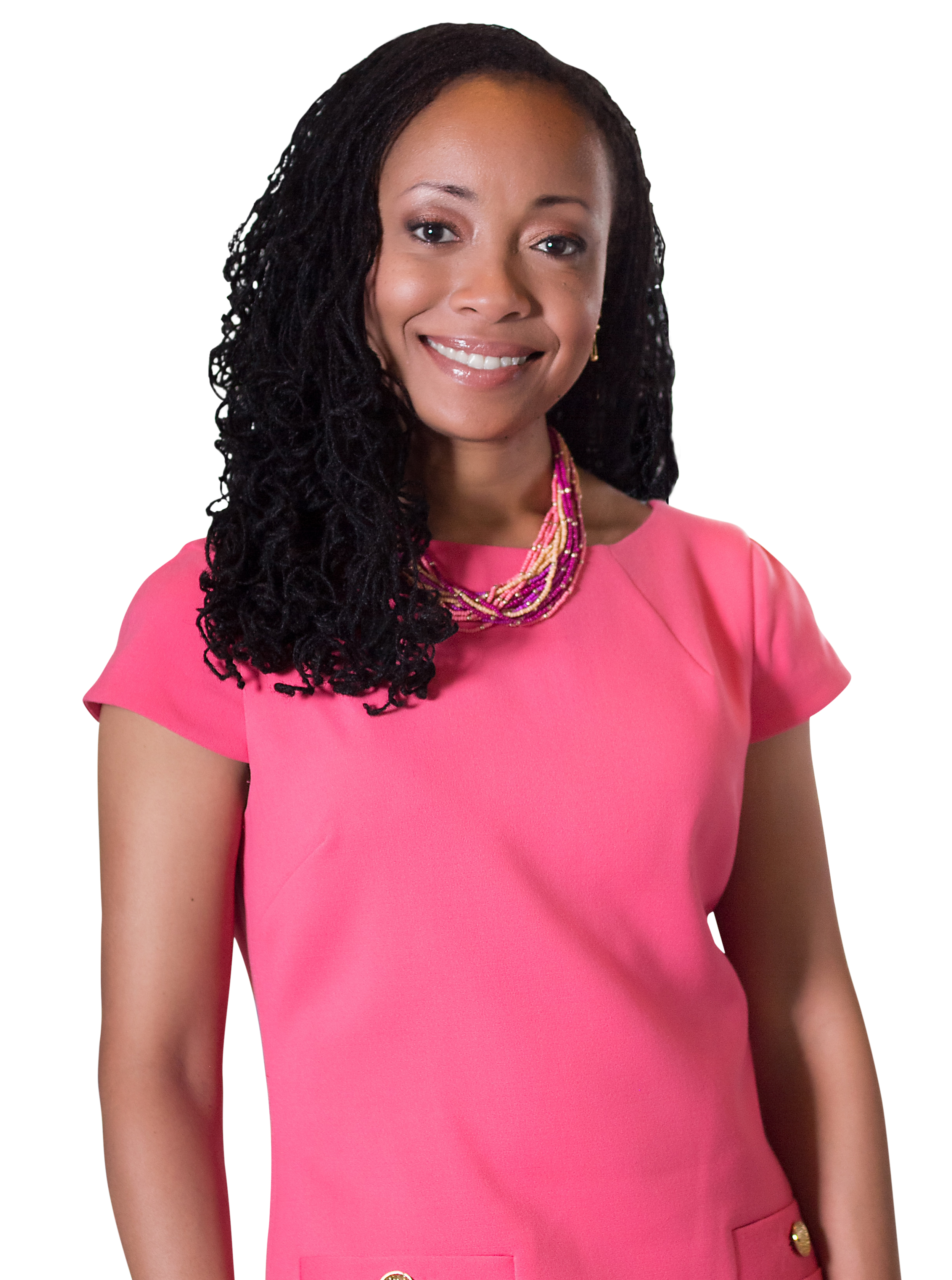
Coaching is one of the best things you can do for yourself. Before beginning the coaching process, it’s important to know that coaching can vary significantly from one coach or organization to the next. There are many models, programs, and styles. I’ve outlined the process I’ve found to be the most productive in my own business. It will give you greater insight into selecting the right coach for you whether you are building a business or reinventing yourself after a life changing event.
Assessment
The first step in a coaching relationship should be assessing where you are. There are many forms of assessment available ranging from informal questioning to online assessments. If your coach is using a formal assessment tool, make sure they are certified in the specific method they are using to assess you. It shows that they know how to administer and evaluate the assessment tool. We provide assessed-based coaching utilizing DISC. It’s simple and effective to use for both client and coach.
Feedback
Assessments not only benefit the client, they also benefit the coach. As the client, you should get a deep dive into findings that includes a discussion of where you are. This conversation should yield potential roadblocks as well as strengths you can utilize throughout the coaching process. Assessments also serve as a guide for the coach. They reveal the best approach to working with you.
Planning
Once there is a clear picture of where you’re headed, a plan should be developed. Beware of cookie-cutter, one-size-fits-all solutions. We are all different, so your plan of attack shouldn’t look exactly like someone else’s plan. Make sure your coach develops a plan that specifically addresses your needs. Don’t be shy about sharing specific goals and past pitfalls. These things should be taken into consideration as your unique plan is developed.
Coaching
Coaching happens in different ways. It can happen in person, online or by phone. In-person coaching may happen at your office or the coach’s office. As the client, I wouldn’t recommend having your sessions at your office unless you are certain you can disengage from the surroundings. This rarely happens, so I don’t meet clients in their regular environments. There are usually too many distractions. I also encourage thinking outside of the box, so we meet outside of the box. Your office is the metaphorical box. Beware of coaches that offer sessions at the local coffee shop. It may work for some meetings, but it’s generally not an appropriate place to have a coaching session which requires candid communication.
You’ll want to find out the coach’s coaching philosophy to see if you guys are a good fit for working together. I use transformational coaching which is a process that incorporates the body, mind and spirit. If an individual isn’t open to mindfulness techniques, I am not the coach for them which doesn’t mean that another coach won’t be a perfect fit.
Action
Now this is where the rubber meets the road. You’ve got to do the work. I like to refer to the work as life implementation strategies because it sounds better than work, but it’s work nonetheless. There should be regular life implementation strategies while you are engaged in a coaching relationship. The specific strategy and the support you need to complete that strategy should be identified at the same time. Keep in mind that life implementation strategies only work if you do. For example, I’m currently reviewing a client’s action items list. We both have work to do.
Evaluation
There should be regular check-ins to identify successes and opportunities for improvement. I once worked with a client for weeks, and she said she hadn’t had any successes. Of course, she had successes, but she simply wasn’t consciously aware of the progress she was making because she hadn’t reached her ultimate goal yet. This was a huge lesson for me as a coach. Regular evaluation is an important part of the process. It doesn’t work one-way. It’s important that, as the client, you are given the opportunity to evaluate the coach and the process as well. Your coach is the expert, but no one knows you better than you do.
Celebration
Celebrate every opportunity you get. No acknowledgement is too great or small. I’m a firm believer in positive reinforcement. If you make it to your coaching session on time–guess what–we have our first win for the day. Coaching often triggers resistance we didn’t even know existed until we’re deep in the process. Celebrate the discovery of the resistance. Keep moving, and enjoy the process.
Remember that the coaching process isn’t linear; it’s cyclical. You may revisit steps, and that’s part of the process. It is acceptable and expected that you will return to various phases for further exploration, instruction, and application. Your coach should be open to revisiting topics as needed for you to make progress.
Originally published at monique-gonzalez.com


